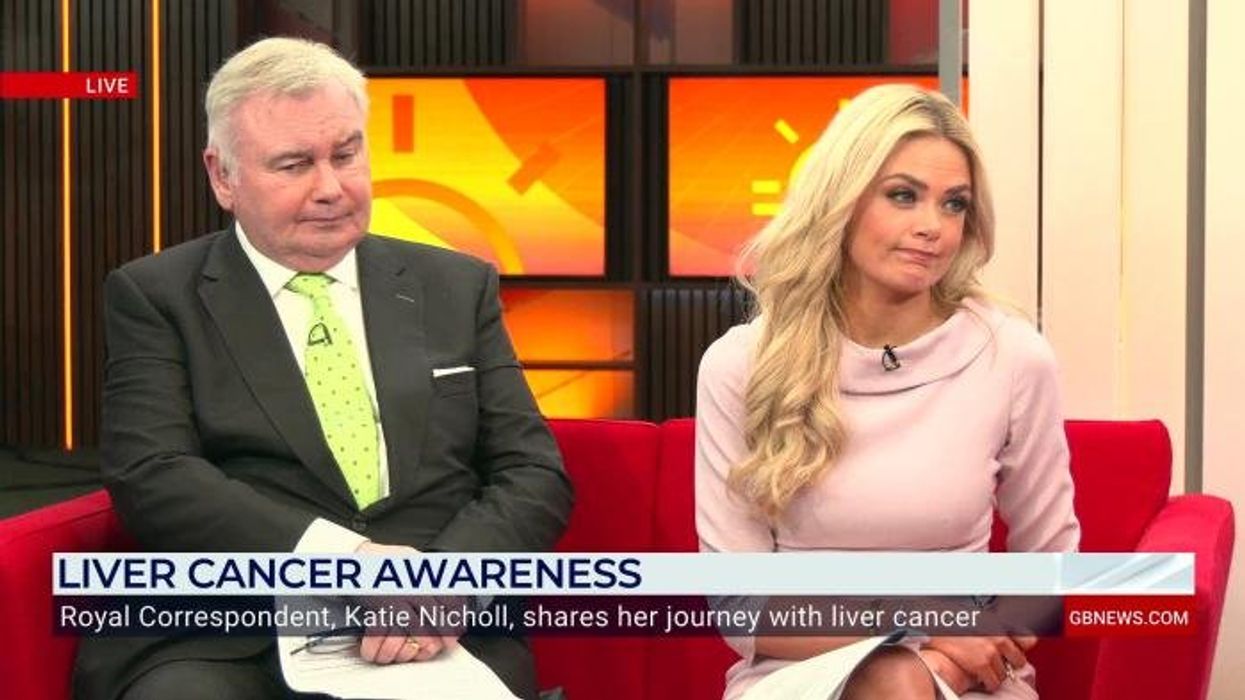Liver disease warning as scientists find everyday chemical triples risk of severe liver scarring

Scientists believe the discovery could help solve a long-standing medical mystery
Don't Miss
Most Read
Latest
A chemical in dry cleaning could be seriously damaging our livers and triple the chances of developing severe liver scarring, scientists have warned.
Researchers at USC said the breakthrough might finally explain why some people develop liver disease even though they don't drink heavily or have obesity-related health issues.
Published in Liver International, the research shows that the more PCE you're exposed to, the worse the damage gets. It also marks the first time scientists have properly looked at how this chemical affects human livers.
PCE is a colourless liquid that's brilliant at removing grease, which is why it's been so popular in dry cleaning for years. It is also found in things like adhesive glues, spot removers and stainless steel polish.
TRENDING
Stories
Videos
Your Say

Exposure to PCE could triple the risk of liver scarring
|GETTY
Unfortunately, we often breathe in the chemicals without realising. When you bring home freshly dry-cleaned clothes, the chemical slowly evaporates into the air. It can also get into drinking water when it's not disposed of properly and seeps into the ground.
The International Agency for Research on Cancer already considers PCE a probable carcinogen, and it's been linked to bladder cancer and other serious conditions.
This has prompted efforts by America's Environmental Protection Agency to phase it out of dry cleaning completely.
The team looked at blood samples from thousands of Americans collected between 2017 and 2020, where they found that about seven per cent of people had PCE in their bloodstream.
Those with detectable levels were three times more likely to have serious liver scarring, regardless of their age, sex or background. For every tiny increase in PCE levels - just one nanogram per millilitre - the risk shot up fivefold.
Interestingly, wealthier people seemed more likely to have PCE in their blood, possibly because they use dry cleaning services more often. But it's the workers in dry cleaning shops who might face the biggest danger from constant exposure.
LATEST DEVELOPMENTS

The findings could help doctors catch liver problems earlier
|GETTY
Dr Brian Lee, who led the research, said: "Patients will ask, how can I have liver disease if I don't drink and I don't have any of the health conditions typically associated with liver disease, and the answer may be PCE exposure."
What's more, it was noted that traditional risk factors like alcohol use didn't seem to matter when PCE was involved, suggesting the chemical causes damage all on its own.
Lee believes PCE is probably just one of many environmental toxins harming our livers."No doubt there are other toxins in our environment besides PCE that are dangerous to the liver," he said.
But if doctors start screening people exposed to PCE, they might catch liver problems earlier when there's still a chance to help.
Our Standards: The GB News Editorial Charter











